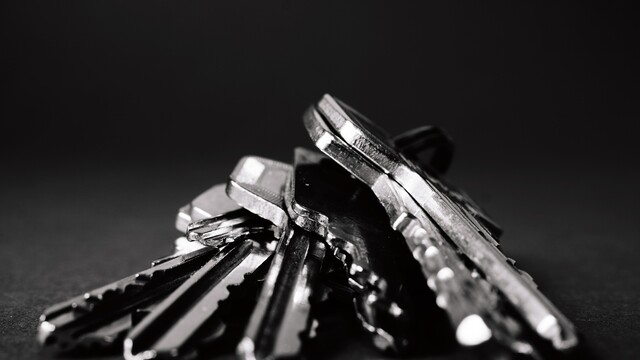Oregon Moratorium on Commercial Evictions for Nonpayment of Rent

On April 1, 2020, Governor Kate Brown issued Executive Order 2020-13, which puts a 90-day moratorium on commercial (and residential) evictions for nonpayment of rent. While this may be a welcome balm for commercial tenants – and frustrating (at least) for commercial landlords – both residential and commercial landlords with federally-backed mortgages (for example, a mortgage owned by Fannie Mae or Freddie Mac) may be eligible for mortgage relief under the CARES ACT if their tenant stops paying rent, as we have written about previously.
Here is what commercial landlords need to know now about Executive Order 2020-13.
1. The order is effective for 90 days, so it expires on Tuesday, June 30, 2020.
2. During this time period, for reason of “nonpayment,” landlords of non-residential tenants cannot take any action to interfere with their tenant’s right to possession of the leased premises. That means that landlords cannot, among other things,
a) Terminate a lease;
b) Give any notice to terminate a lease;
c) Charge any late fees or other penalties related to non-payment;
d) File an eviction action;
e) Serve the tenant process in any already-filed eviction action; or
f) Take action on any already-entered order or writ of the court.
3. “Nonpayment” here is key – the order does not affect a landlord’s ability to terminate a lease for causes other than nonpayment. The order defines “nonpayment” as nonpayment of rent, late charges, utility charges, or any other service charge or fee. So if a tenant breaches the lease because, for example, they have failed to procure liability insurance per the lease provisions, the lease may be terminated.
The Order does not discuss how the unpaid rent is to be repaid after the 90-day period, so it will be up to the landlord and tenant to work together to agree on the repayment terms. Commercial tenants must also provide evidence to their landlord that the nonpayment of rent is directly or indirectly caused by COVID-19 pandemic. However, if the landlord is not satisfied with the tenant's evidence of economic harm, the Order provides no guidance as to how that dispute should be resolved. This is uncharted territory, but with the threat of incurring a Class C misdemeanor for violating the Order, the landlord may be well-advised to err on the side of caution and agree to deferred or reduced rent.
